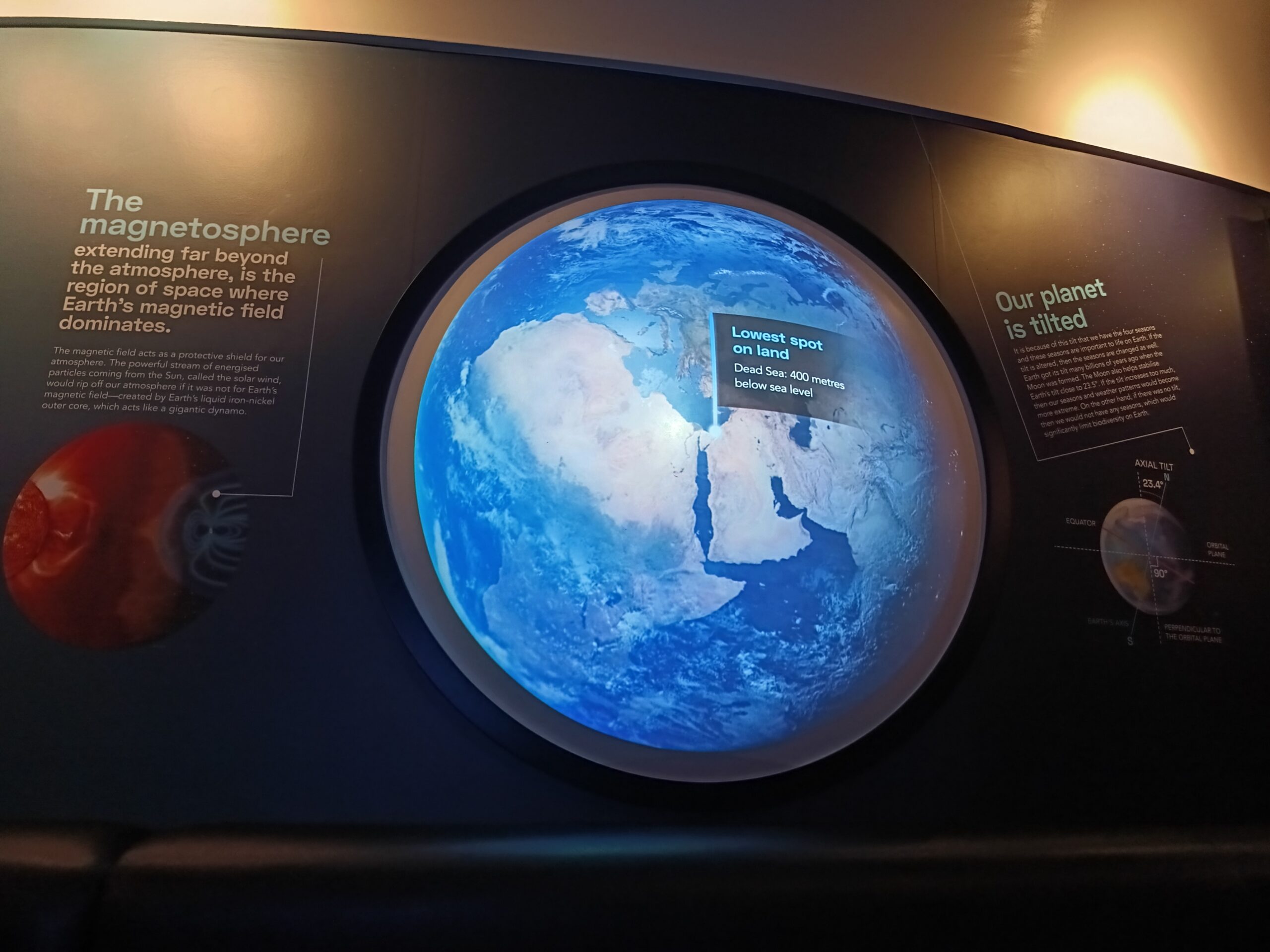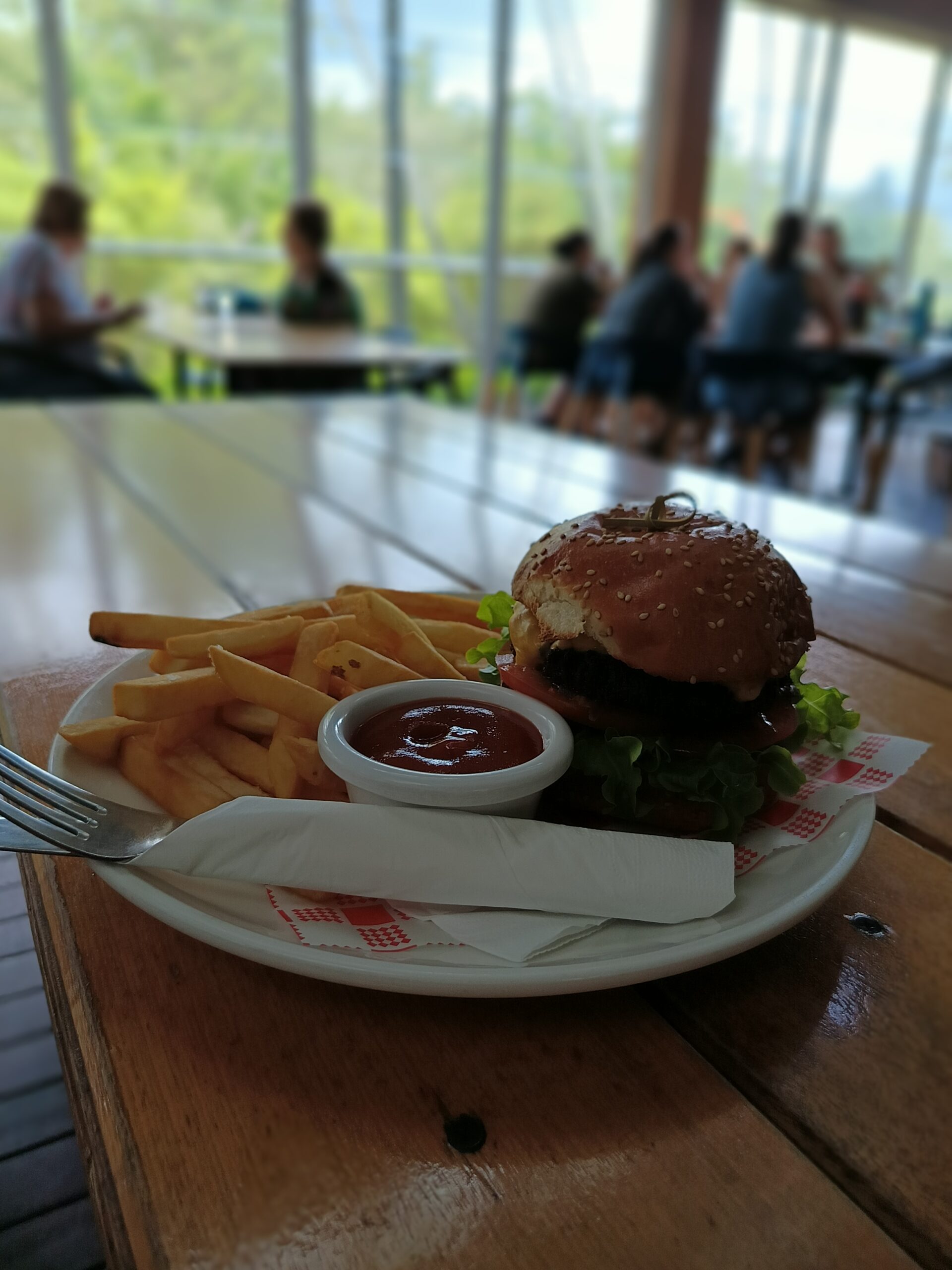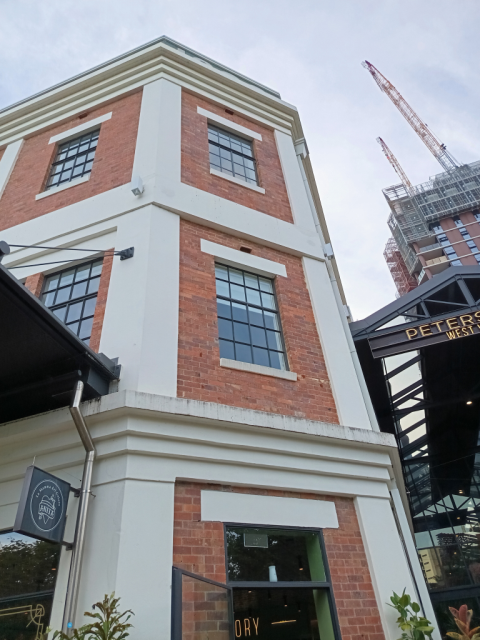Seek
Look
find
Let’s
Travel
Well!

Traveller
Life begins at the end of your comfort zone :
By Unknown Author : This quote suggests that life begins when you push yourself out of your comfort zone and experience new things.


General information
Thoughtful planning is the bedrock of a successful adventure. Embracing the journey, both the good and the unexpected, is all part of the experience. Here are a few additional points to keep in mind to help navigate the unpredictable aspects of travel:
Embrace Flexibility:
-
Adaptability: Plans can change, and being flexible can turn unforeseen situations into memorable experiences.
-
Contingency Plans: Have backup plans for key aspects of your trip, like alternative flights or accommodation options.
Stay Informed:
-
Current Events: Stay updated on news and events in your destination to avoid any sudden disruptions.
-
Weather Conditions: Keep an eye on the weather forecast and prepare accordingly.
Document Safeguarding:
-
Copies of Documents: Make copies of important documents (passport, visa, travel insurance) and keep them in a separate location.
-
Digital Backups: Store digital copies of documents in a secure cloud service.
Stay Connected:
-
Communication Tools: Ensure you have a reliable way to communicate with family or friends back home.
In addition It is also wise to have a translation app so you can interact with the locals easier, recommend Google Translator (Android / Apple). -
Local SIM Cards or Roaming Plans: Consider getting a local SIM card or an international roaming plan to stay connected.
Health Precautions:
-
Health Checks: Have a medical check-up before traveling, and know the health care facilities available at your destination.
-
Local Healthcare System: Understand how the local healthcare system works in case you need medical attention.
Enjoy the Journey:
-
Open Mind: Approach your travels with an open mind and a positive attitude.
-
Cultural Respect: Show respect for local customs and traditions to enrich your experience.
Emergency Resources:
-
Travel Apps: Use travel apps for real-time updates, language translation, and emergency assistance.
-
Local Contacts: Have a list of local contacts, including your accommodation and local authorities.
This way, you’ll be better prepared to handle whatever comes your way and make the most out of your travels. Is there anything specific you’re excited or curious about for your upcoming trip? 🌍🗺️✨
Travel
Preparation.
Absolutely, preparation is key! Let’s break this down into a checklist to help ensure a smooth travel experience:
Travel Preparation Checklist:
1. Destination and Visa Requirements:
-
Choose your destination and research its visa/entry requirements.
-
Ensure your passport is valid for at least 6 months beyond your travel dates and is in good condition.
2. Travel Insurance:
-
Purchase travel insurance. Check the coverage details, especially for activities and health-related issues.
3. Budget and Finances:
-
Set a budget for your trip.
-
Decide how much cash to take and plan where to get local currency.
-
Check bank fees and consider getting a travel debit/credit card.
-
Recommended travel cards include ones with no foreign transaction fees.
4. Security and Safety:
-
Sign up for the Smart Traveller – Australian Government – Security Report to stay informed about potential risks.
-
Be aware of common scams and have an emergency plan.
-
Avoid high-risk areas and understand the local security situation.
5. Emergency Preparedness:
-
Know the local emergency numbers and the location of your nearest embassy or consulate.
-
Have a plan for accessing emergency funds.
-
Be aware of alcohol-related issues and scams.


6. Health and Medical Needs:
-
Check if you need any vaccinations before you go.
-
Pack a basic first aid kit and travel antibiotics if advised by your doctor.
-
Carry a letter from your doctor for any medication or medical equipment.
-
Verify if the country requires evidence of COVID-19 immunization.
7. Travel Itinerary:
-
Plan your activities and how long you intend to stay.
-
Ensure you have onward travel plans and accommodation booked.
-
Keep a copy of your itinerary with a trusted person back home.
8. Cultural Sensitivity and Local Laws:
-
Respect local customs and traditions.
-
Research and understand local laws to ensure you’re compliant.
9. Government and Economic Stability:
-
Ensure the government and economic situation is reasonably stable before traveling.
This checklist should help you cover all bases and enjoy a stress-free trip. Do you have a specific destination in mind or need help with any particular aspect of your travel preparations? 🌏✈️🏨
Questions to consider when preparing for international travel. Here are a few additional tips to help address these concerns and ensure you’re well-prepared:
1. Local Laws and Protection:
-
Research: Understand the local laws and how they might differ from your home country. The Smart Traveller website can be a valuable resource.
2. Scams to Watch For:
-
Stay Informed: Read up on common scams in the area you’ll be visiting. Forums and travel blogs can provide firsthand accounts.
3. Emergency Preparedness:
-
Emergency Contacts: Know the local emergency numbers and the location of your nearest embassy or consulate.
-
Cash Reserve: Keep some emergency cash hidden in a safe place, separate from your main wallet.
4. Legal and Financial Assistance:
-
Legal Aid: Find out if your home country offers legal aid services abroad.
-
Financial Help: Know how to access emergency funds, such as through Western Union or similar services.
5. Insurance Coverage:
-
Review Your Policy: Ensure your travel insurance covers all planned activities and any potential medical needs.
6. Travel Itinerary and Health Precautions:
-
Itinerary: Have a clear plan for your stay and onward travel. Keep copies of your itinerary with a trusted person back home.
-
Medical Documentation: Carry any necessary medical letters and prescriptions.
-
Vaccinations: Check if the destination requires specific vaccinations or evidence of COVID-19 immunization.
-
First Aid Kit: Pack a basic first aid kit and travel antibiotics if recommended by your doctor.
7. Cultural Sensitivity:
-
Cultural Norms: Respect local customs and traditions. A little research goes a long way in ensuring respectful and enjoyable interactions.
This way, you’ll be well-prepared and can focus on enjoying your trip.

Things to know before you book your flights, accommodation and visa’s
This is just a brief of useful advice on booking flights, accommodation, and visas for travel. Here are a few key takeaways:
1. Visa Information:
- Government Websites: Check the government website of the country you intend to visit or consult a visa immigration specialist.
- Smart Traveller: The Australian government’s Smart Traveller website can also provide very helpful information. (Click)
2. Booking Flights:
- Travel Agents: They can be beneficial, especially for beginners, as they provide comprehensive services and assistance.
- Direct Booking: Booking directly with airlines or accommodations can vary in pricing but offers loyalty programs and bonuses.
- Online Travel Agencies: These provide assistance via phone and are a safe way to plan your travel.
3. Transit Visas:
- Criteria: Generally not needed if your flight is within 8 hours, you don’t leave the airport, and you have the necessary documents.
- Research Required: Always check specific criteria for each country.
4. Visa on Arrival:
- VOA Agreement: If a country has a Visa on Arrival agreement with your passport/country, you may stay for longer than 8 hours without needing a transit visa.
Always declare you have items you are transporting if the country requires you to, there is generally no issues if you declare up front even if you are unsure and let the authorities make a decision, if you do not declare it and they authorities find it, then you may be facing large penalties. 🌍✈️🏨


“Luck is what happens when preparation meets opportunity”
— A quote attributed to Roman philosopher Seneca
Frequently Asked Questions
Handy Resources
General travel advise & security Information : Smart Traveller – (Australia)
Insurance:
Smart Traveller – (Australia)
Find an Insurer (Australia)
Insurance Council (Australia)
Contact DFAT for any emergency
Australia Government
Department of Foreign Affairs and Trade (DFAT)
24-hour consular emergency helpline
Within Australia: 1300 555 135
Outside Australia: +61 2 6261 3305
Getting help overseas
https://www.dfat.gov.au/contact-us
Passport
Passport information : Smart Traveller (Australia)
Emergency passports (Australia)
Search – Australian Embbasy overseas

